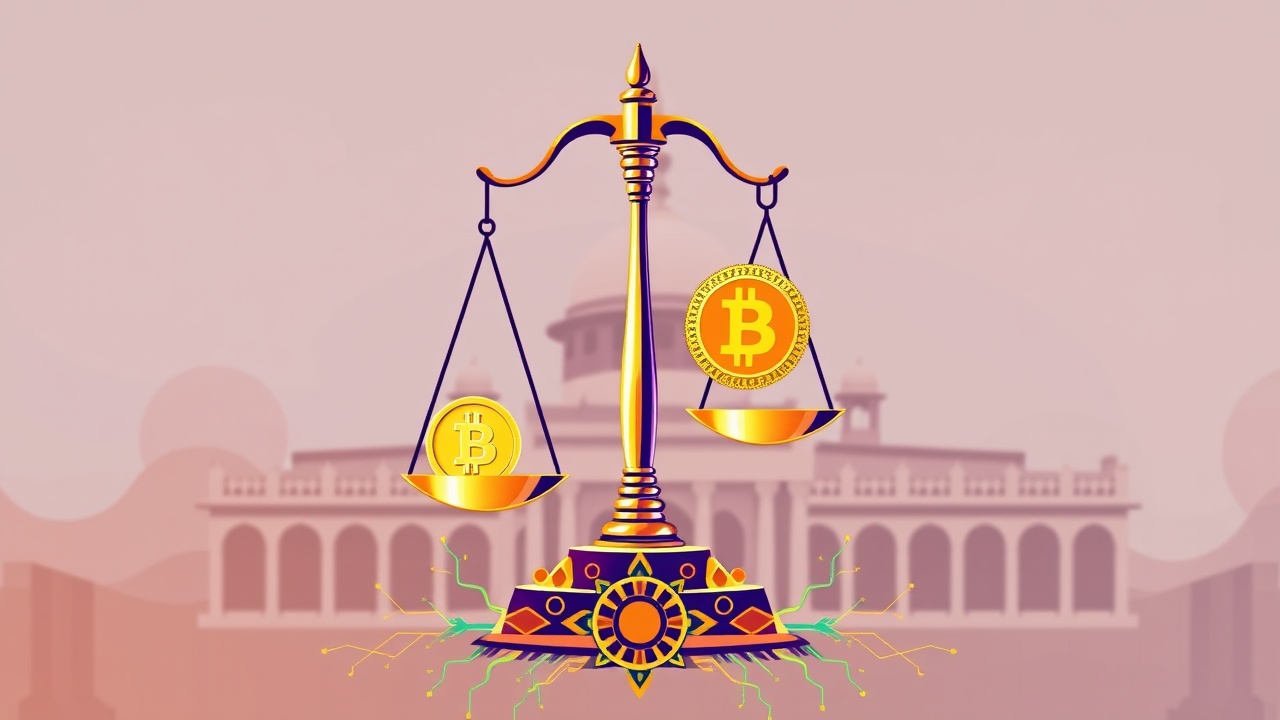Madras High Court Ruling on Cryptocurrencies
In a significant ruling, the Madras High Court has affirmed that cryptocurrencies should be regarded as property under Indian legislation. This determination stemmed from a case related to the hacking incident affecting the WazirX exchange, where an investor filed for legal recourse after the platform froze all accounts following a July cyberattack, which resulted in losses estimated at $230 million in Ethereum and ERC-20 tokens.
Case Background
The plaintiff, who had invested in 3,532.30 XRP coins valued at Rs 1,98,516 in January 2024, sought protection from the court as he was concerned about the frozen assets. Justice N Anand Venkatesh emphasized that cryptocurrencies embody essential characteristics of property, declaring:
“There can be no doubt that ‘cryptocurrency’ is a property. It is not a tangible asset nor traditional currency, but it is a form of property that can be owned, enjoyed, and managed in trust.”
Key Findings
The judge highlighted that cryptocurrencies are distinct and transferable, controlled through unique private keys. He referenced the classification provided in Section 2(47A) of the Income Tax Act of 1961, which designates cryptocurrencies as “virtual digital assets.”
Moreover, the court dismissed claims from Zanmai Labs, the parent company of WazirX, which suggested that the investor should bear some responsibility for losses incurred during the cyberattack. Justice Venkatesh clarified that the XRP coins held by the investor were fundamentally different from the stolen Ethereum-based assets, stating:
“What were held by the applicant as cryptocurrencies were 3532.30 XRP coins, whereas the cyberattack affected ERC 20 coins, which are entirely separate cryptocurrencies.”
Jurisdiction and Corporate Governance
Additionally, the court rejected Zanmai Labs’ argument that the Singapore arbitration rules limited the jurisdiction of Indian courts. Citing a Supreme Court ruling from 2021, he reaffirmed that Indian courts reserve the right to safeguard assets located within India. The transactions were localized to Chennai and completed using an Indian bank account, ensuring the case fell under the jurisdiction of the Madras High Court.
Justice Venkatesh further noted that Zanmai Labs is officially registered with the Financial Intelligence Unit of India, differentiating it from its parent company, Zettai Pte Ltd, based in Singapore. In his concluding remarks, he urged Web3 platforms to adhere to stringent corporate governance frameworks, highlighting the importance of maintaining distinct client funds, conducting regular independent audits, and implementing robust know-your-customer (KYC) and anti-money laundering (AML) measures.




